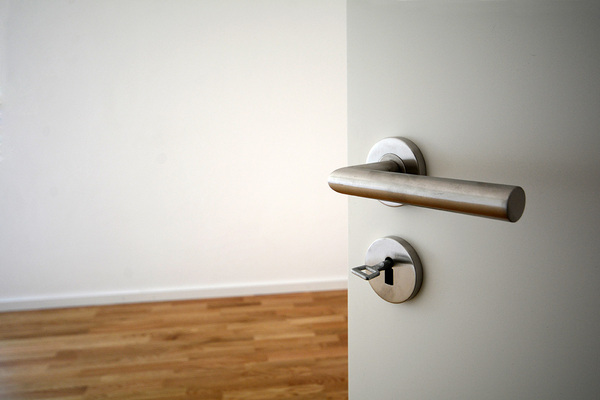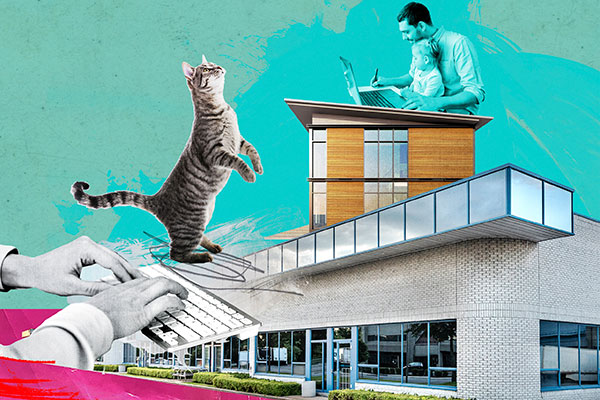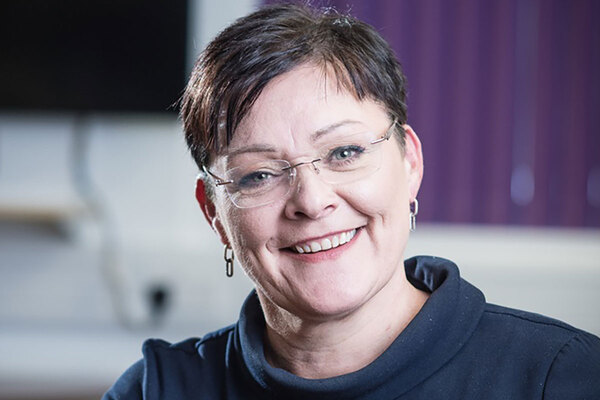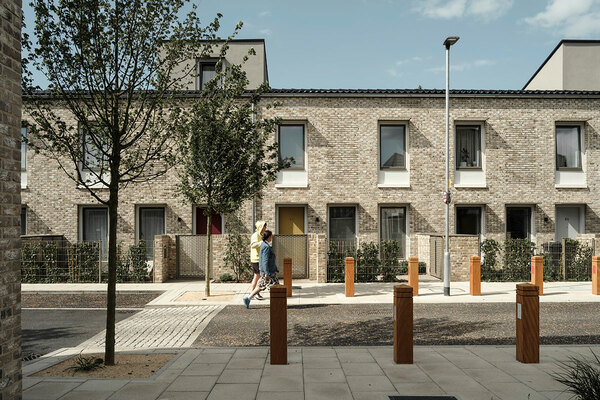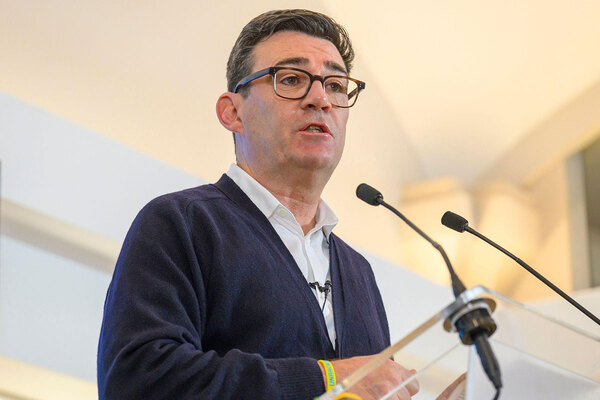You are viewing 1 of your 1 free articles
‘Hybrid working’ move being planned by 99% of housing associations, survey finds
Nearly every housing association is planning to move to a “hybrid” working model post-pandemic involving some staff staying at home, a survey of the sector has revealed.
A report by HR specialist EMA Consultancy, shared exclusively with Inside Housing, found that all but one of the 72 landlords polled said they would be using their offices more flexibly after lockdown restrictions are lifted.
Already 43% of associations surveyed reported setting up “working hubs” outside of their normal offices to accommodate the hybrid model, with many of these downsizing their headquarters.
And 37% said they were considering making changes to their staff reward packages to reflect new working practices.
However, only a third have yet put together a detailed plan for moving towards their post-COVID way of working, the survey found.
Anne Elliot, managing director at EMA, said: “What that said very strongly to me is whilst they’re saying the future is hybrid, there wasn’t the detailed planning they are going to need to introduce that new model of working.
“I think probably about a third of housing associations have taken the steps of reimagination of the workplace. That’s what needs to happen.
“What will our workplace look like in the future? I’m not sure that all of them have been through that process yet.”
Last month, large housing association Stonewater announced that it will become predominantly home-based for good, swapping the office for smaller working “hubs” and offering colleagues £10,000 loans to upgrade their working spaces.
Cheshire-based Johnnie Johnson Housing Trust made a similar move last year and is now seeking planning permission to build 40 homes on its old office site, having moved to a smaller rented space, with most staff working from home.
“We took the decision early on that we would not go back to the office because of the investment required to modernise it,” said Yvonne Castle, chief executive of Johnnie Johnson.
“We’ve opened up a rented space which we call the Innovation Hub and come up with what we call My LifeStyle. It’s a flexible approach to working.
“In our eyes we are already operating in a new way for the future. The Innovation Hub is designed to be flexible – you can go for an hour, three hours. The only structure is that you need to book a place.
“Previously it was very much a nine-to-five environment. Now it’s flexible, making sure customers’ needs come first.”
She added that staff are “really positive” about the changes.
North Star Housing Group, which owns around 4,000 homes in North Yorkshire and County Durham, is keeping its two main offices but will only require people to come in two days a week following consultation exercises with staff.
Angela Lockwood, chief executive of North Star, said: “We are acutely aware that people’s views could change as the environment and context shifts and therefore ensuring we remain alert, aware and in listening mode is critical so we evolve.”
Ms Elliot warned that the “war for talent” in the sector is likely to intensify with remote working meaning people can choose to work for employers based much further away from where they live.
“So because those barriers are down, housing organisations are going to have to work hard to make themselves an employer of choice and a part of that will be the culture, it will be the reward, it will be the leadership, those sorts of things,” she added.
Sign up for our daily newsletter
Already have an account? Click here to manage your newsletters
Related stories


